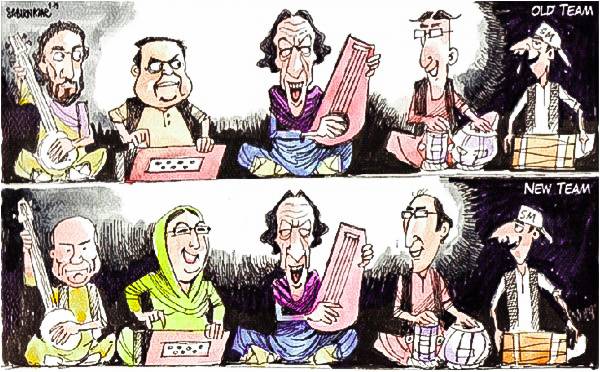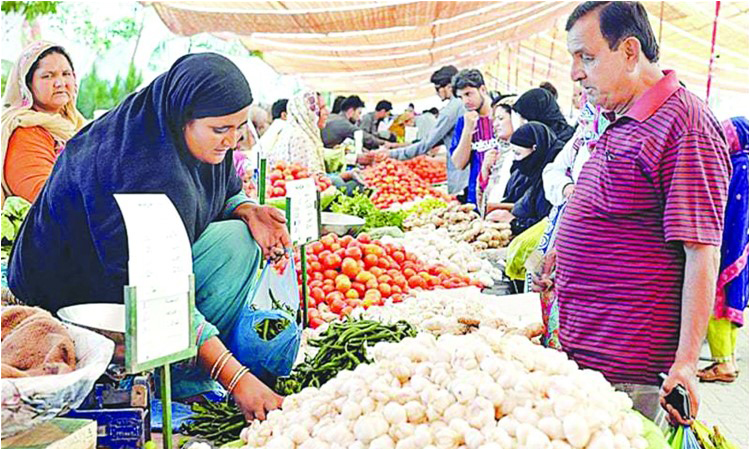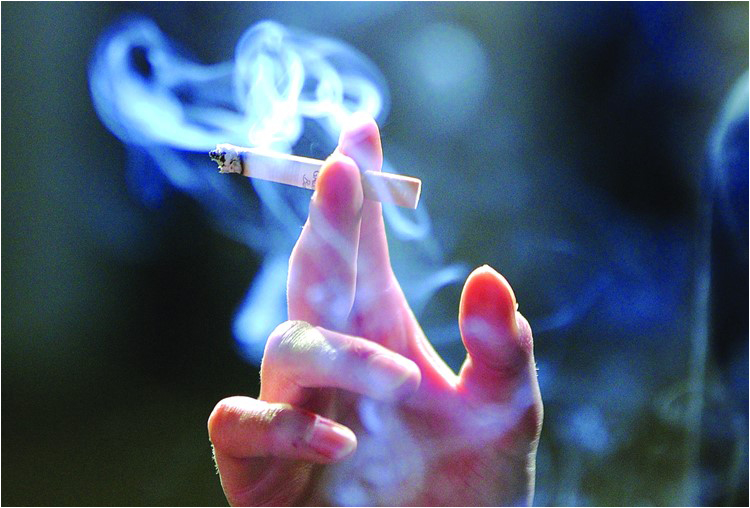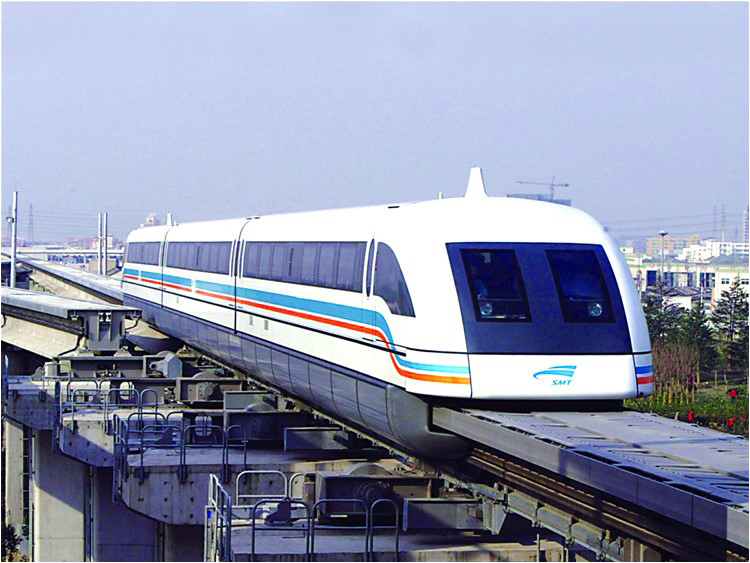
Food prices
Madam,
The blessed month of Ramazan is here and very soon, everyone will be busy completing religious obligations and helping the poor and the needy. In this month, everyone is supposed to help underprivileged members of the society by providing them some basic necessities of life. Unfortunately, many people in our country, especially manufacturers and suppliers, hoard basic food items and create an artificial shortage, ultimately raising prices of vegetables, fruits, pulses and meat.

This exerts awful pressure on the middle and lower classes. These people are hardly able to make both ends meet and this artificial price hike cripples them even more. It has been reported that during the month of Ramazan, prices of goods and edibles is raised to almost 40 percent. It is the responsibility of the government to ensure strong checks on food prices and get involved where necessary to control unnecessary raises in prices.
Sadia Mirza,
Via e-mail.
Police training
Madam,
I am writing this letter to express my dismay on seeing policemen using their weapons against innocent citizens because they are not trained to handle tense situations on the ground. Recently, an incident occurred in Gulistan-e-Johar in Karachi where police officers killed innocent an boy who was not even a year old. There are a number of such cases where policemen end up killing innocent people without knowing facts. In my opinion, these incidents occur because our policemen are not trained properly. This was even accepted by an additional inspector general during his one of press conferences. I am writing this letter in the hope that some relevant authorities will take action and strengthen training programmes for police officers of Sindh.
Raheel Balouch,
Karachi.
Smoking indoors
Madam,
In South Asia, where indoor smoking is still allowed, it is shocking that people do not know that smoking is one of the biggest causes of death and illnesses such as mouth and lung cancer.
Smoking also increases risk of one developing more than 50 serious health diseases. Some may be fatal, and others can cause irreversible long-term damage to your health.

Smoking also damages the heart and blood circulation, increasing the risk of coronary heart diseases, stroke, and peripheral vascular disease (damaged blood vessels) and cerebrovascular disease (damaged arteries that supply blood to your brain). According to the National Health Service, passive smoke comes from the tip of a lit cigarette and the smoke that the smoker breathes out. I ask the government and educational institutions to look into this issue seriously.
Gulraiz Khan,
Via e-mail.
Urban transport
Madam,
I recently saw a video clip of some of the world’s fastest trains. Countries which have some stunning fast trains include France, Italy, Spain, Japan, China and many others. I wonder whether Pakistan will ever have a bullet train.
To begin with, I think we do not have the kind of electrical power needed for a bullet train. Even if somehow electricity was made available, do we have any such plans? Ignoring the economic and political blunders we have made, I would in this letter focus merely on urban transport.

Governments the world over realise the obvious need for providing transport facilities to citizens. Karachi, when it had a population of half a million, had an excellent transit system provided by the British. It consisted of trams and buses. Trams then ran from Saddar in several directions. One line went to the Cantonment Railway Station; another went via Garden Road to Bunder Road and up to Keamari. Another diversionary track on Bunder Road near Denso Hall went to Rexer Lines. Another line took passengers from Saddar to Soldier Bazar.
There were also buses that covered the working districts. Yet, after Independence, despite the phenomenal increase in population, successive governments paid no attention to public transport. This was true not just of Karachi but also of Lahore, the second biggest city. It is only during the last five years that Lahore got a mass transit system. Even Islamabad’s planning ignored mass transit.
As for the inter-city transport, railways have shown no worthwhile modernisation. There has been marginal progress, and some new trains were started, but very little expansion took place. Besides, Islamabad is perhaps the only world capital that doesn’t have a railway station. To expect a bullet train against this background is to ask for the moon. Our economic planners have from the very beginning seemed failed to realise the importance of modern means of travel within cities and between cities.
The Chinese have realised Pakistan’s colossal backwardness in matters of inter-city and urban transport, and that is why the China-Pakistan Economic Corridor has so much emphasis on transport infrastructure. They would like to revive the Karachi Circular Railway, but there is no sign yet that the project is going to be taken up in earnest. Encroachments on KCR land was a major hurdle. But now that most illegal structures are being demolished, there is some hoe for the KCR.
Ahmad Khan,
Via e-mail.
Karachi to Quetta
Madam,
I would like to draw the attention of higher authorities to the single road from Karachi to Quetta. Everyday many accidents take place on this route – it is one of the biggest killers out there.
Too many precious lives have been lost on this track. In some cases, people lose the sole breadwinner of a family, or a child. The government should take steps to widen the road or come up with an alternative plan.
They should also think about investing in street lights so that travelling can be made easy.
Imran Muhammad,
Karachi.

Future of education
Madam,
My parents and I were shocked to hear the depressing news that HEC has withdrawn all scholarships and ordered to double the admission fees. Scholarships programme have encouraged as well as financially aided poor students. What are they supposed to do now? It would be hard to continue for those students who have covered their education expenses through scholarships. In this way, we would lose bright and talented students which would be a massive disruption in progression of our country.
Maha Aslam,
Lahore.
The Friday Times, Plot No 52-53, N-Block, Main Guru Mangat Road, Gulberg II, Lahore, Pakistan. 042.35779186; Fax: 042.35779186, email: tft@thefridaytimes.com
*Letters must carry addresses and phone numbers
*We ask you to restrict your comments to 300 words.

